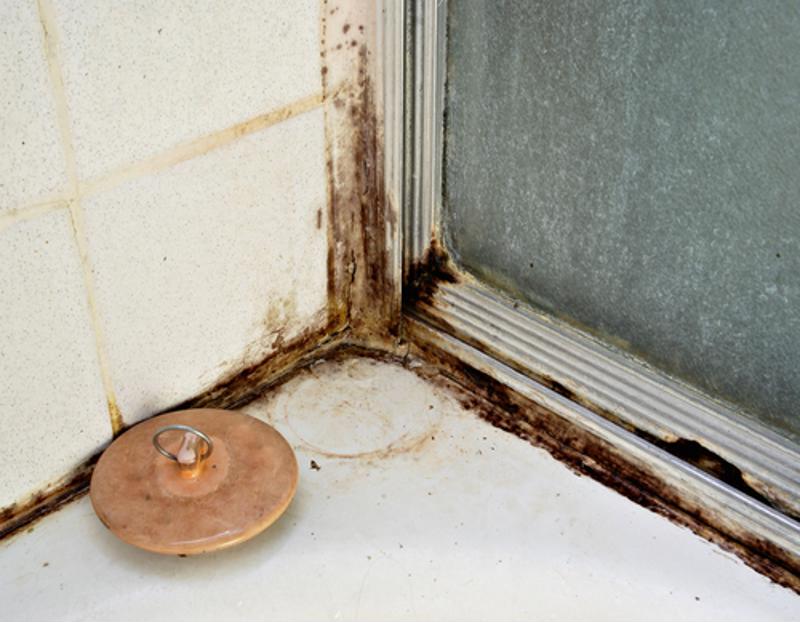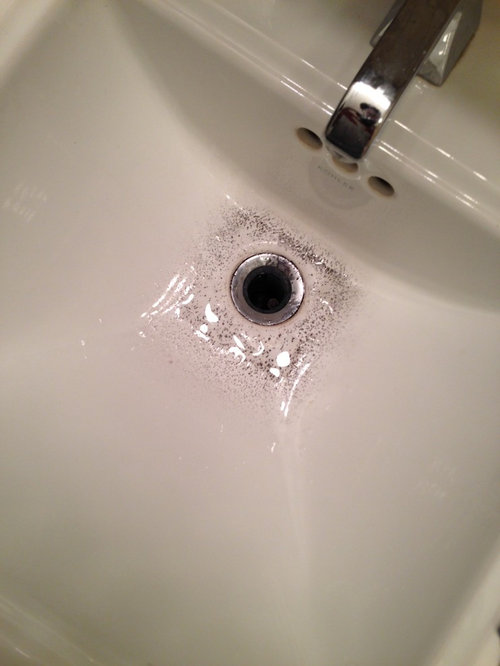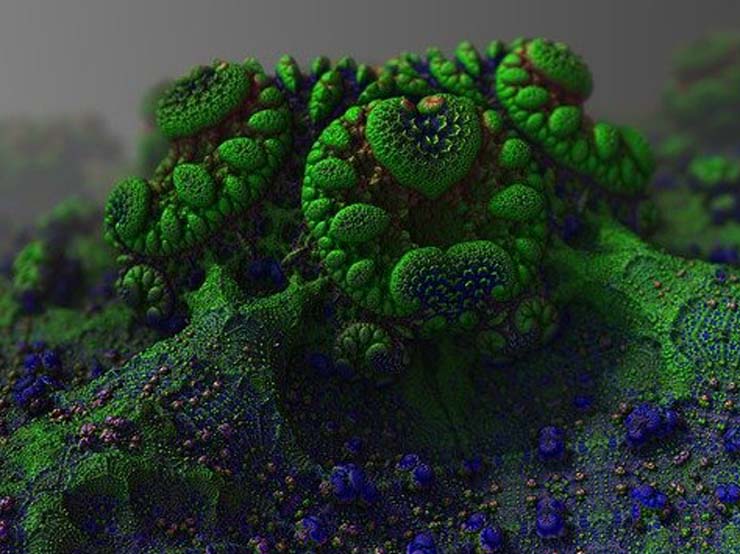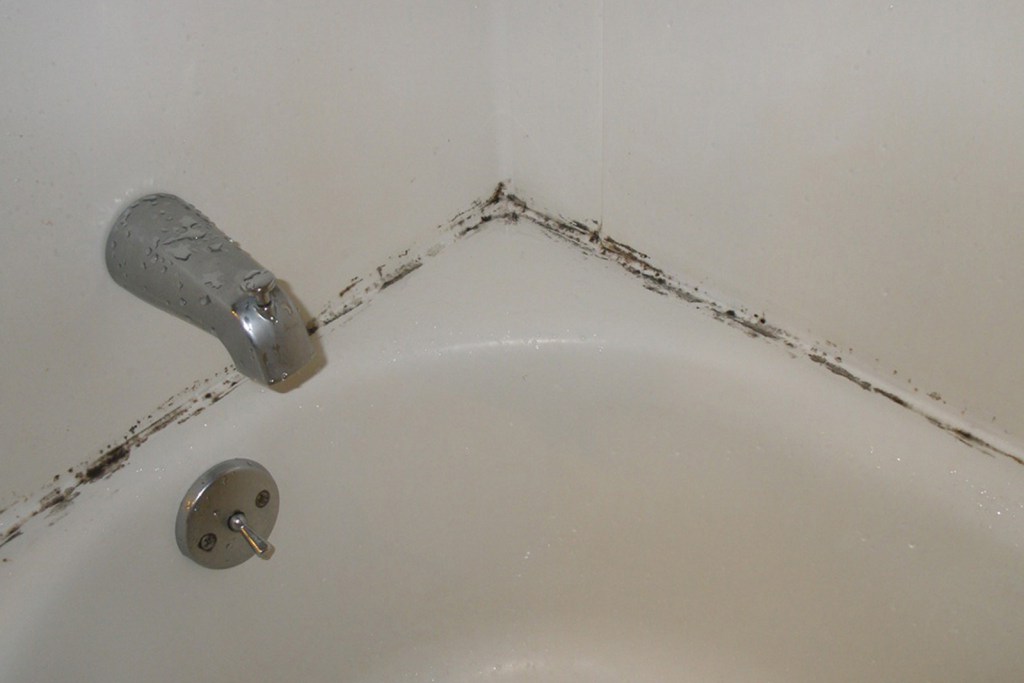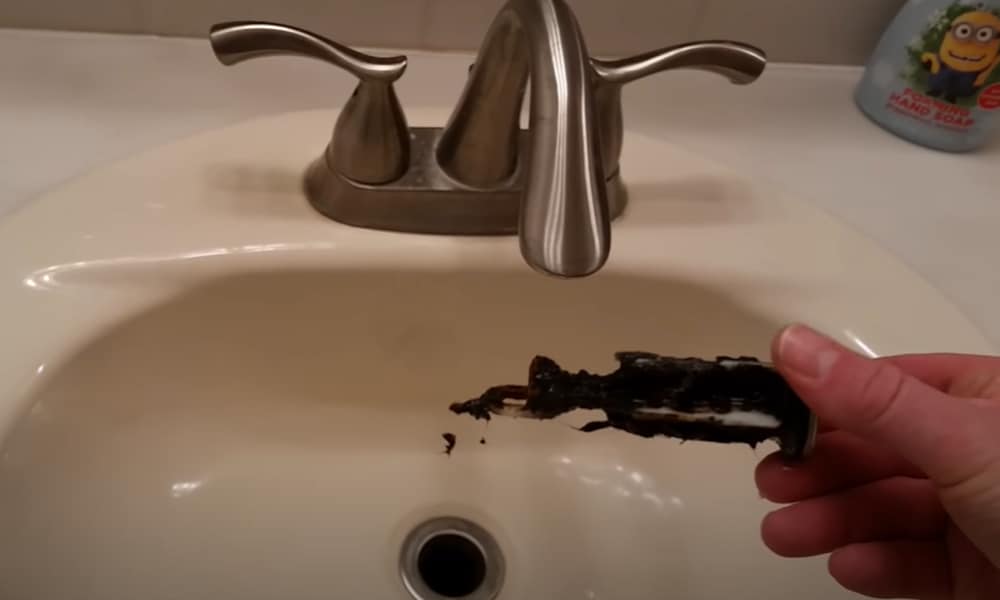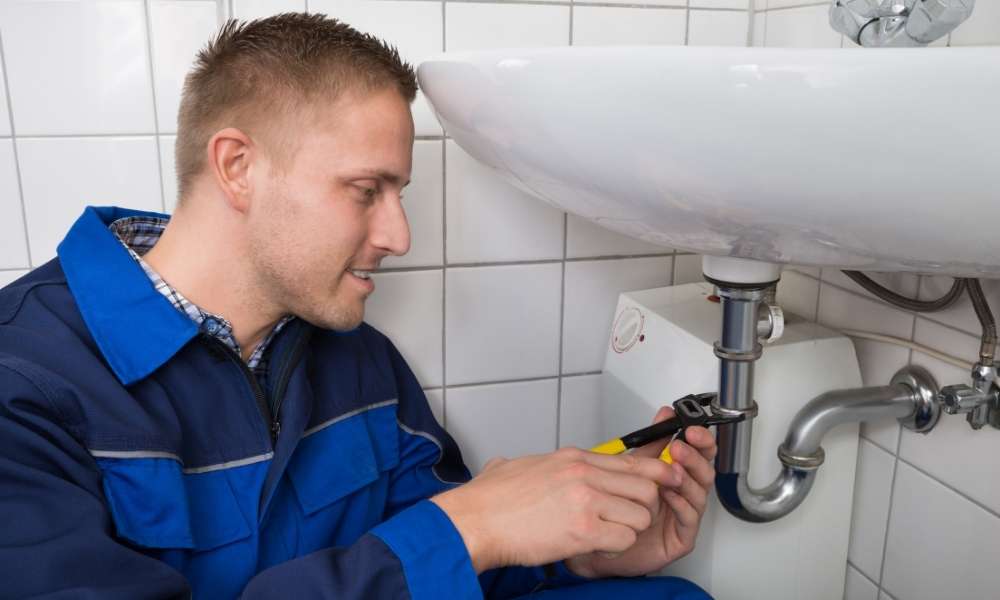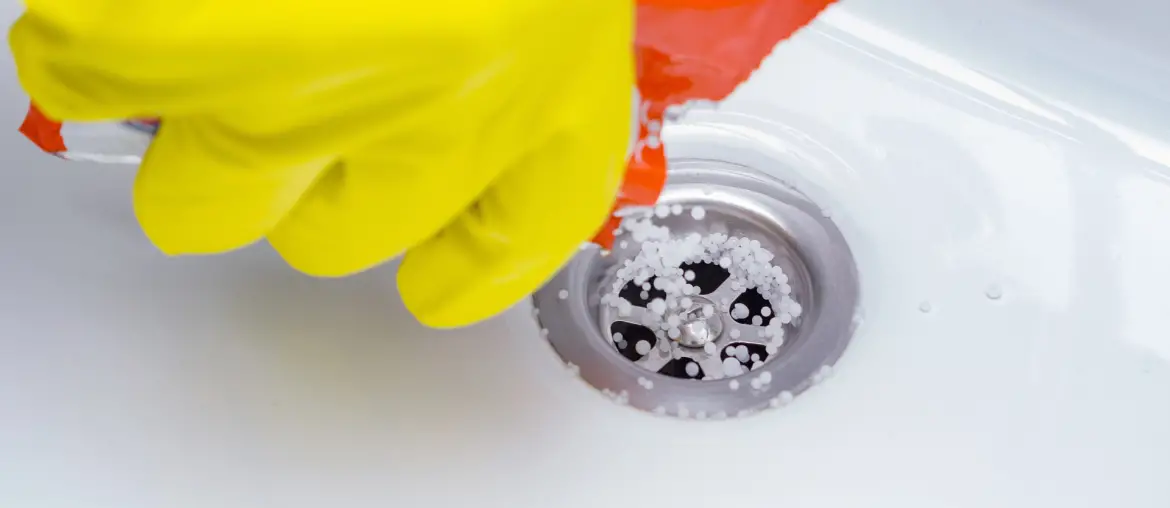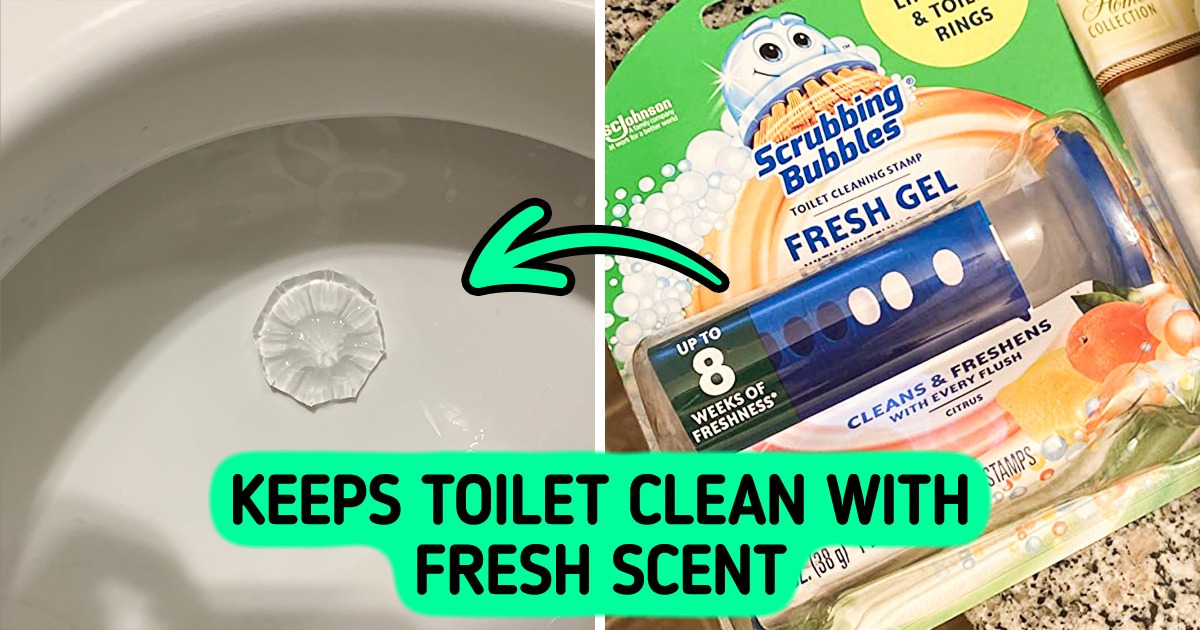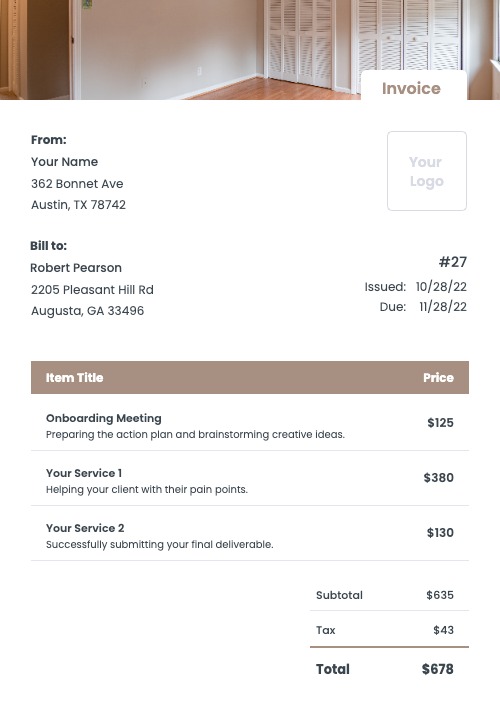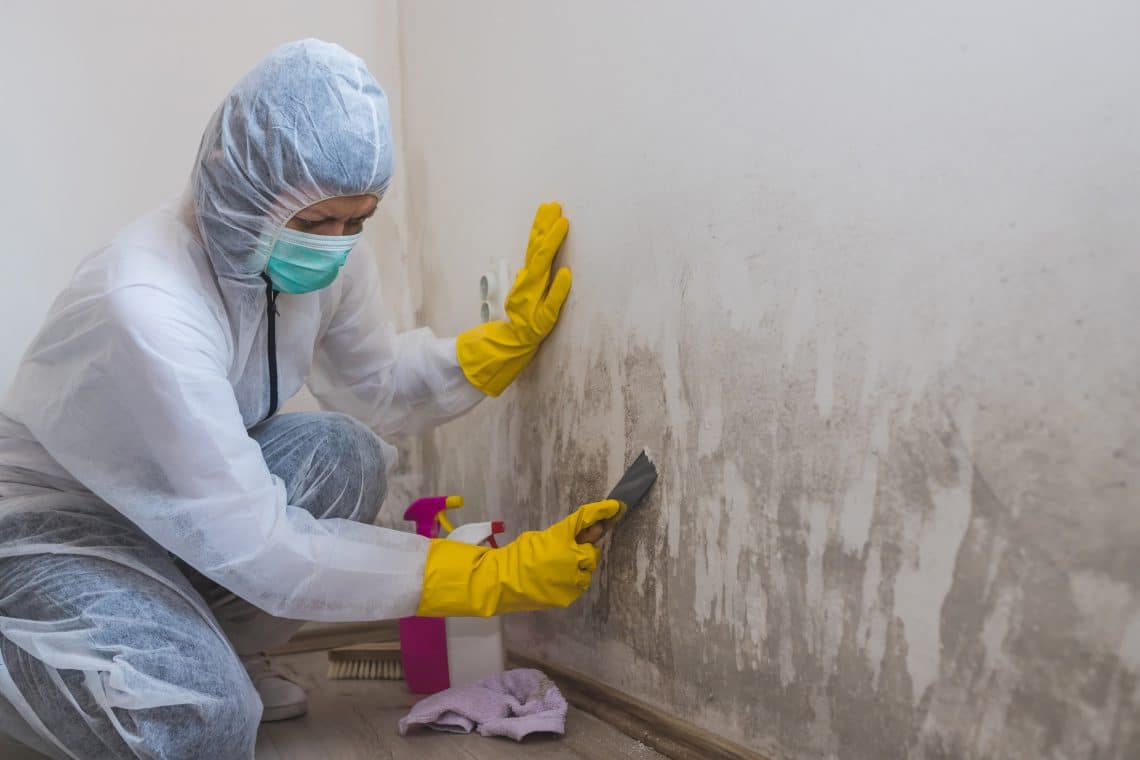If you've noticed black mold in your bathroom sink, you may be wondering how it got there and what you can do to get rid of it. Black mold, also known as Stachybotrys chartarum, is a type of fungus that thrives in damp and poorly ventilated areas. This makes your bathroom sink the perfect breeding ground for black mold, as it's constantly exposed to moisture and warm temperatures. In this article, we'll discuss the causes of black mold in your bathroom sink, the potential risks it poses, and effective methods for removing it.Black Mold in Bathroom Sink: Causes, Risks, and How to Remove It
Before we delve into the removal process, it's important to understand that black mold can be dangerous to your health. It can cause respiratory issues, allergic reactions, and even neurological problems in some cases. Therefore, it's crucial to take the necessary precautions when dealing with black mold. The first step in getting rid of black mold in your sink is to identify the source of the problem. If the mold is limited to just the sink, then it's likely a result of high humidity levels and poor ventilation. However, if the mold has spread to other areas of your bathroom, it could be a sign of a larger moisture issue. To remove the black mold, you can use a mixture of 1 part bleach and 3 parts water. Apply this solution to the affected area and let it sit for 15-20 minutes before scrubbing it with a brush. Make sure to wear gloves and a mask to protect yourself from the fumes. After scrubbing, rinse the area thoroughly with water and dry it completely.How to Get Rid of Black Mold in Your Sink
Here are some additional tips to help you effectively remove black mold from your bathroom sink: 1. Use a mold-killing cleaner: If you prefer not to use bleach, there are also commercially available mold-killing cleaners that can be effective in removing black mold. 2. Ventilate the area: Proper ventilation is essential in preventing the growth of black mold. Make sure your bathroom has sufficient air flow, and consider using a dehumidifier to reduce moisture levels. 3. Clean regularly: Regularly cleaning your bathroom sink can prevent the buildup of moisture and mold. Use a mildew-resistant cleaner and dry the sink thoroughly after each use. 4. Fix any leaks: If you notice any leaks in your sink or pipes, fix them immediately to prevent excess moisture buildup. 5. Consult a professional: If the mold is widespread or you're experiencing any health issues related to mold exposure, it's best to consult a professional for proper removal and remediation.5 Tips for Removing Black Mold from Your Bathroom Sink
As mentioned earlier, black mold can pose serious health risks, especially for individuals with respiratory issues or weakened immune systems. In addition, it can also cause damage to your sink and surrounding areas if left untreated. It's important to address the issue as soon as possible to prevent further damage and potential health hazards.The Dangers of Black Mold in Your Bathroom Sink
Preventing black mold in your bathroom sink is the best way to avoid having to deal with it in the first place. Here are some steps you can take to prevent the growth of black mold: 1. Keep the area dry: Wiping down your sink and surrounding areas after use can prevent the buildup of moisture. 2. Use a fan: Turn on the bathroom fan or open a window when showering to allow for proper ventilation. 3. Fix leaks promptly: As mentioned earlier, any leaks should be fixed immediately to prevent the growth of mold. 4. Seal grout lines: Sealing the grout lines in your sink and shower can prevent moisture from seeping in and creating a breeding ground for mold. 5. Regularly clean and disinfect: Keeping your bathroom clean and disinfected can prevent the growth of mold and other harmful bacteria.How to Prevent Black Mold in Your Bathroom Sink
Now that you know the causes, risks, and prevention methods for black mold in your bathroom sink, let's recap some important points: - Black mold thrives in damp and poorly ventilated areas, making your bathroom sink a prime location for growth. - Using a mixture of bleach and water, mold-killing cleaners, and proper ventilation can effectively remove black mold from your bathroom sink. - Regularly cleaning and maintaining your sink can prevent the growth of black mold. - It's important to address the issue promptly to prevent health risks and damage to your sink.Black Mold in Bathroom Sink: What You Need to Know
If you prefer to use natural and non-toxic solutions for removing black mold, here are some DIY options you can try: 1. Vinegar: Mix equal parts vinegar and water and spray it onto the affected area. Let it sit for an hour before scrubbing and rinsing. 2. Baking soda: Mix baking soda and water to create a paste and apply it to the mold. Scrub and rinse after 10-15 minutes. 3. Tea tree oil: Mix a teaspoon of tea tree oil with a cup of water and spray it onto the mold. Let it sit for an hour before wiping and drying the area. 4. Hydrogen peroxide: Mix 3% hydrogen peroxide with water and spray it onto the mold. Let it sit for 10 minutes before scrubbing and rinsing.DIY Solutions for Removing Black Mold in Your Bathroom Sink
Some signs of black mold in your bathroom sink include a musty odor, visible black or dark green spots, and an overall damp and humid feeling in the area. If you notice any of these signs, it's important to address them promptly to prevent the mold from spreading. Aside from the removal methods mentioned earlier, you can also consider using a HEPA filter and wearing protective gear when dealing with black mold to avoid inhaling the spores.Signs of Black Mold in Your Bathroom Sink and How to Address Them
Keeping your bathroom sink clean and dry is crucial in preventing the growth of black mold. Regularly cleaning and disinfecting the sink and surrounding areas can help remove any existing mold and prevent new spores from settling. In addition, regular cleaning can also help you identify any leaks or moisture issues early on, allowing you to address them before they turn into a bigger problem.The Importance of Regularly Cleaning Your Bathroom Sink to Prevent Black Mold
If the mold is widespread or you're experiencing any health issues related to mold exposure, it's best to seek professional help for remediation. A professional mold remediation company will have the necessary equipment and expertise to safely remove the mold and prevent it from returning. They can also identify and address any underlying issues that may be contributing to the mold growth, such as plumbing leaks or poor ventilation.Professional Remediation for Black Mold in Your Bathroom Sink
How to Prevent Black Mold in Your Bathroom Sink
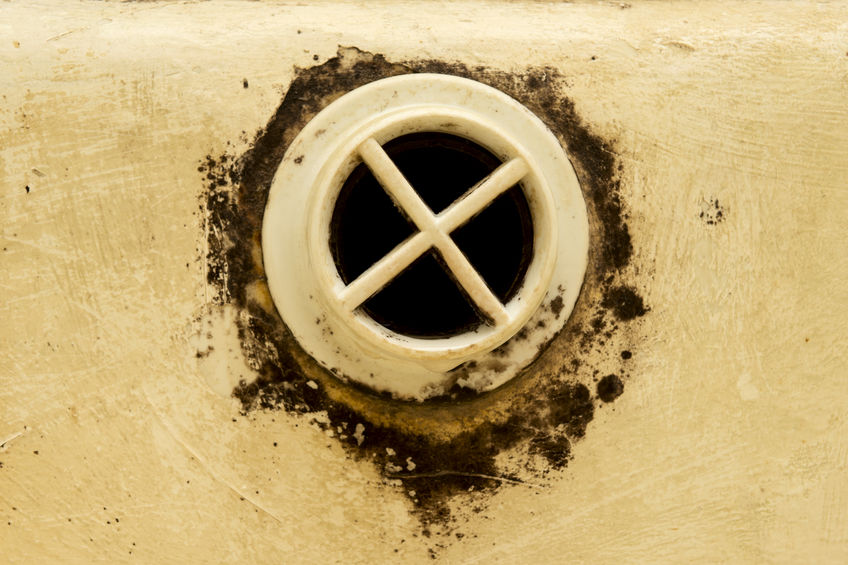
Understanding Black Mold
 Black mold, also known as Stachybotrys chartarum, is a type of fungus that thrives in warm, moist environments. It can grow on various surfaces, including walls, floors, and even in your bathroom sink. Black mold is not only unsightly, but it can also pose serious health risks, especially for those with respiratory issues or weakened immune systems. In this article, we will discuss ways to prevent black mold from growing in your bathroom sink.
Black mold, also known as Stachybotrys chartarum, is a type of fungus that thrives in warm, moist environments. It can grow on various surfaces, including walls, floors, and even in your bathroom sink. Black mold is not only unsightly, but it can also pose serious health risks, especially for those with respiratory issues or weakened immune systems. In this article, we will discuss ways to prevent black mold from growing in your bathroom sink.
The Causes of Black Mold in Bathroom Sinks
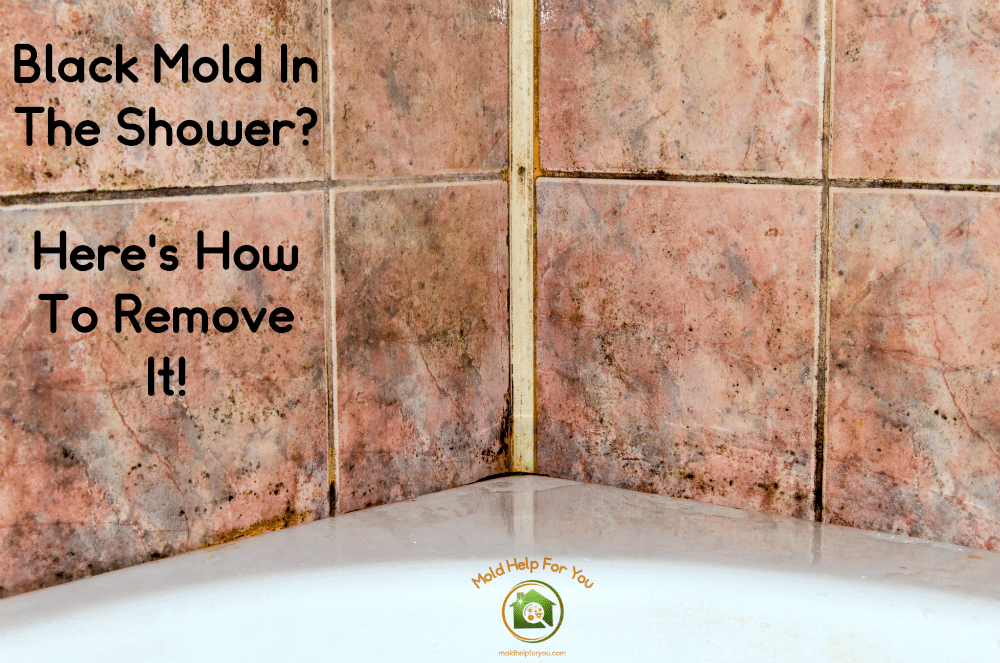 One of the main causes of black mold in bathroom sinks is poor ventilation. When moisture gets trapped in a poorly ventilated bathroom, it creates the perfect breeding ground for black mold. Leaky pipes, faucets, or even a damp sponge left in the sink can also contribute to mold growth. It's important to address any plumbing issues and ensure proper ventilation in your bathroom to prevent black mold from forming.
One of the main causes of black mold in bathroom sinks is poor ventilation. When moisture gets trapped in a poorly ventilated bathroom, it creates the perfect breeding ground for black mold. Leaky pipes, faucets, or even a damp sponge left in the sink can also contribute to mold growth. It's important to address any plumbing issues and ensure proper ventilation in your bathroom to prevent black mold from forming.
Preventing Black Mold Growth
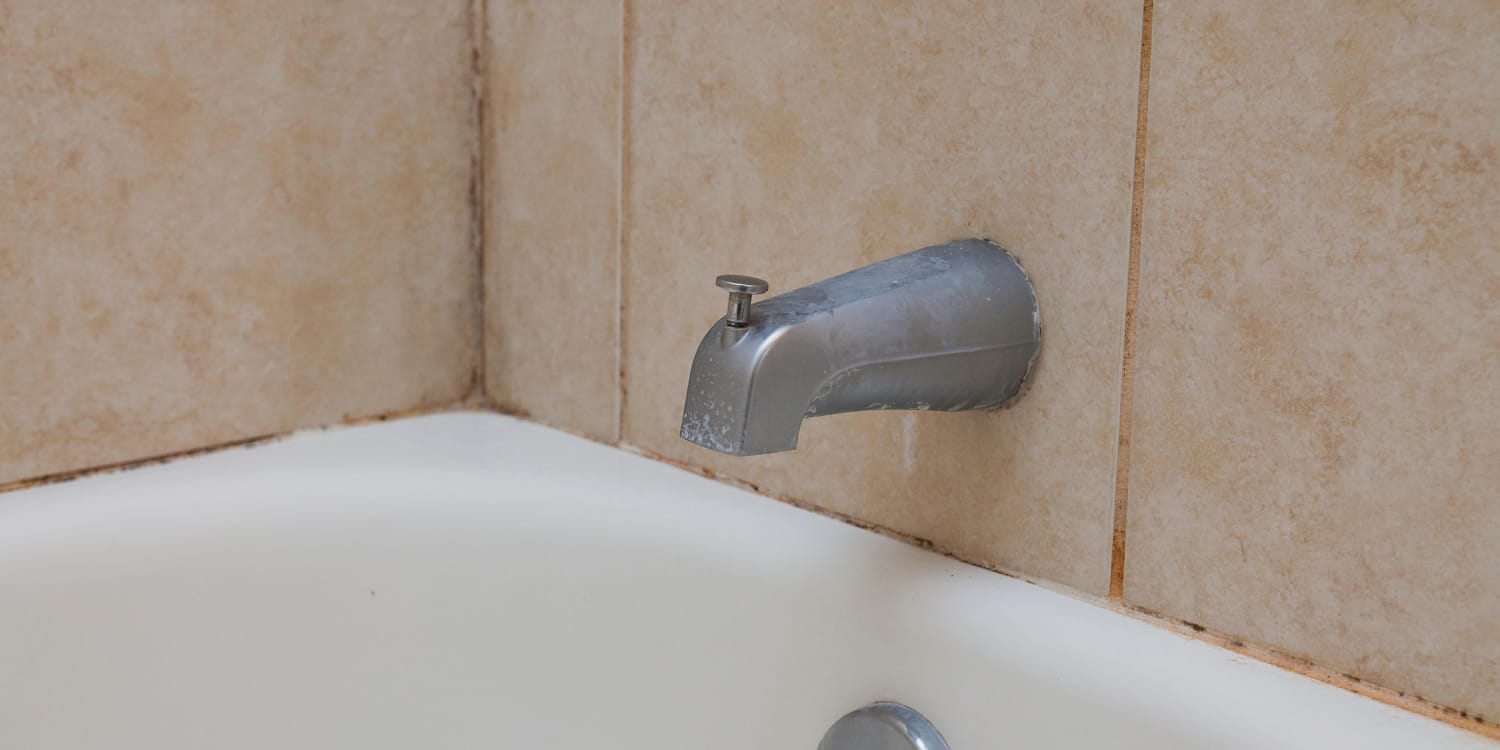 The most effective way to prevent black mold from growing in your bathroom sink is to keep it clean and dry. Make sure to wipe down your sink and faucet after each use to remove any excess moisture. You can also use a mixture of water and vinegar to disinfect and kill any mold spores that may be present. Additionally, regularly cleaning your sink's drain and overflow with a mixture of hot water and bleach can help prevent mold growth.
The most effective way to prevent black mold from growing in your bathroom sink is to keep it clean and dry. Make sure to wipe down your sink and faucet after each use to remove any excess moisture. You can also use a mixture of water and vinegar to disinfect and kill any mold spores that may be present. Additionally, regularly cleaning your sink's drain and overflow with a mixture of hot water and bleach can help prevent mold growth.
Proper Ventilation is Key
 As mentioned earlier, proper ventilation is crucial in preventing black mold growth in your bathroom sink. This can be achieved by opening a window or using an exhaust fan while showering or using the sink. If you don't have a window or exhaust fan, consider installing one to improve air circulation and reduce moisture in the room.
As mentioned earlier, proper ventilation is crucial in preventing black mold growth in your bathroom sink. This can be achieved by opening a window or using an exhaust fan while showering or using the sink. If you don't have a window or exhaust fan, consider installing one to improve air circulation and reduce moisture in the room.
Addressing Plumbing Issues
 Leaky pipes, faucets, or even a clogged drain can contribute to excess moisture in your bathroom sink, creating an ideal environment for black mold to grow. It's important to address these plumbing issues as soon as possible to prevent mold growth. Regularly checking for any leaks or clogs and fixing them promptly can save you from potential mold problems.
Leaky pipes, faucets, or even a clogged drain can contribute to excess moisture in your bathroom sink, creating an ideal environment for black mold to grow. It's important to address these plumbing issues as soon as possible to prevent mold growth. Regularly checking for any leaks or clogs and fixing them promptly can save you from potential mold problems.
Conclusion
 Black mold in your bathroom sink is not only a nuisance, but it can also be a health hazard. By keeping your sink clean and dry, ensuring proper ventilation, and addressing any plumbing issues, you can prevent black mold from growing in your bathroom. Regular maintenance and proper cleaning habits can go a long way in keeping your bathroom sink mold-free. Remember to always wear protective gear, such as gloves and a mask, when dealing with mold to avoid any health complications.
Black mold in your bathroom sink is not only a nuisance, but it can also be a health hazard. By keeping your sink clean and dry, ensuring proper ventilation, and addressing any plumbing issues, you can prevent black mold from growing in your bathroom. Regular maintenance and proper cleaning habits can go a long way in keeping your bathroom sink mold-free. Remember to always wear protective gear, such as gloves and a mask, when dealing with mold to avoid any health complications.


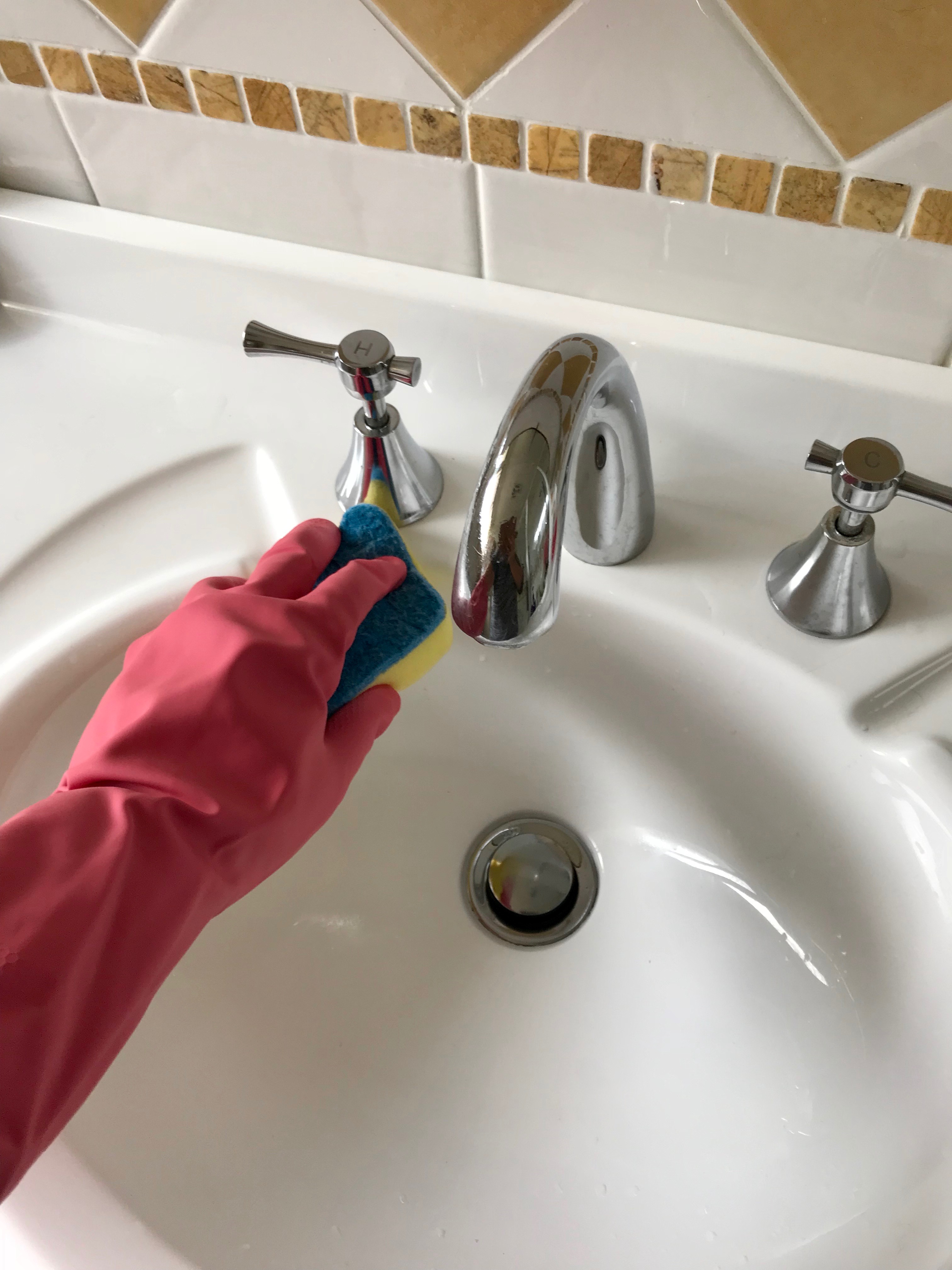
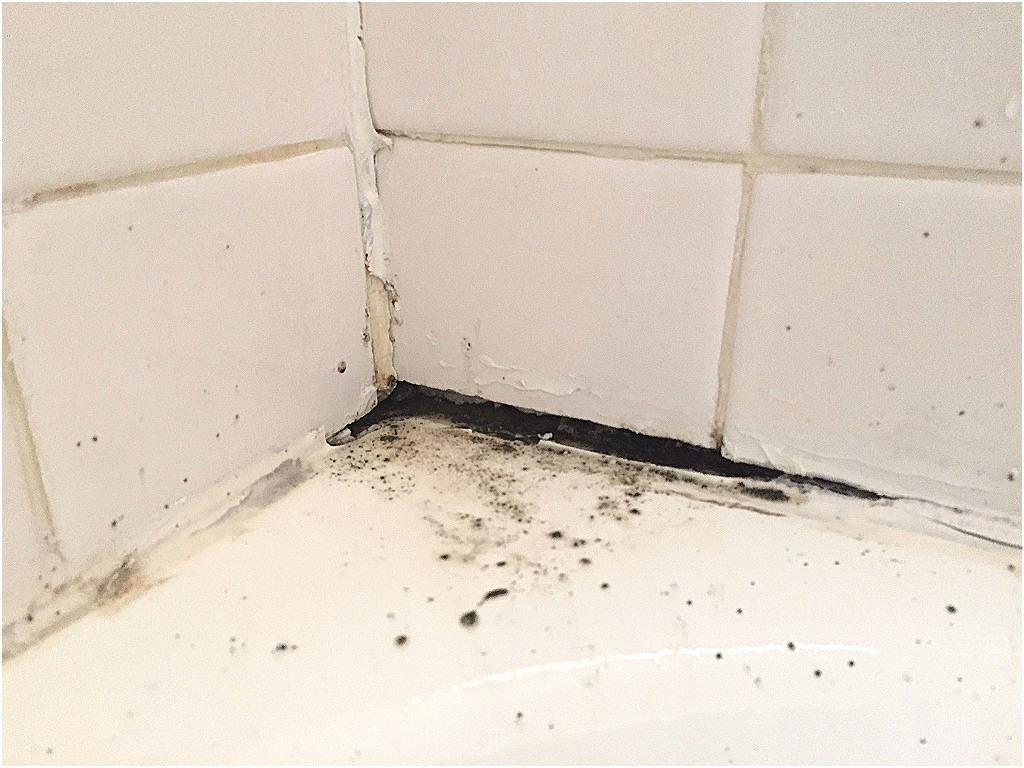




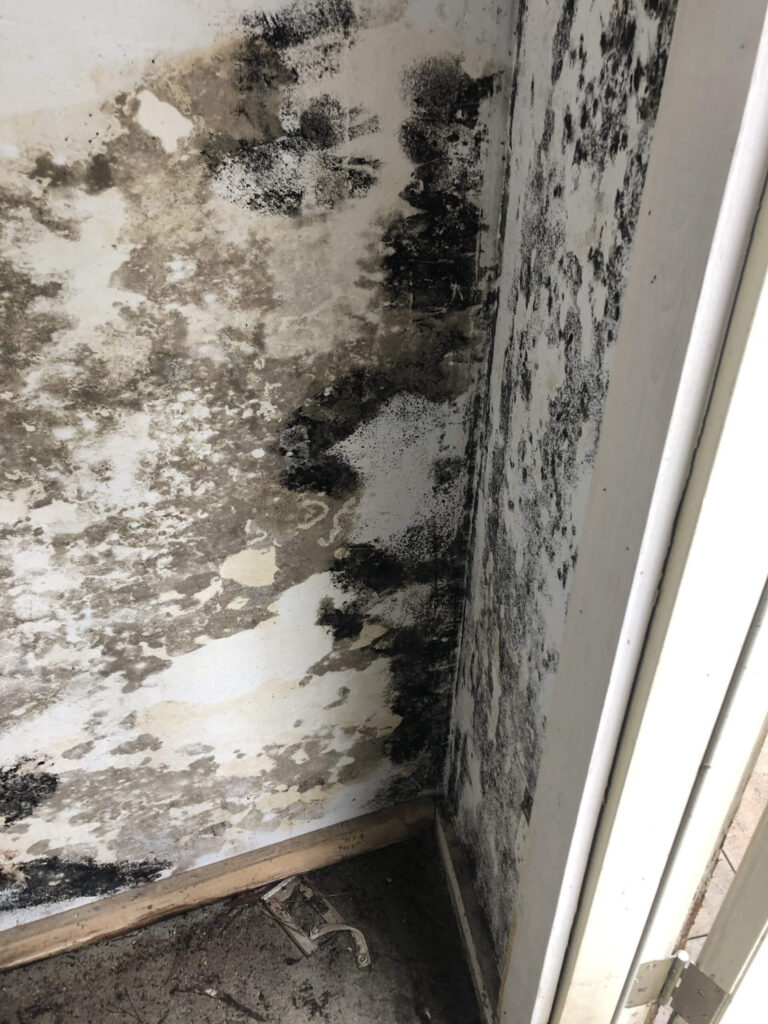


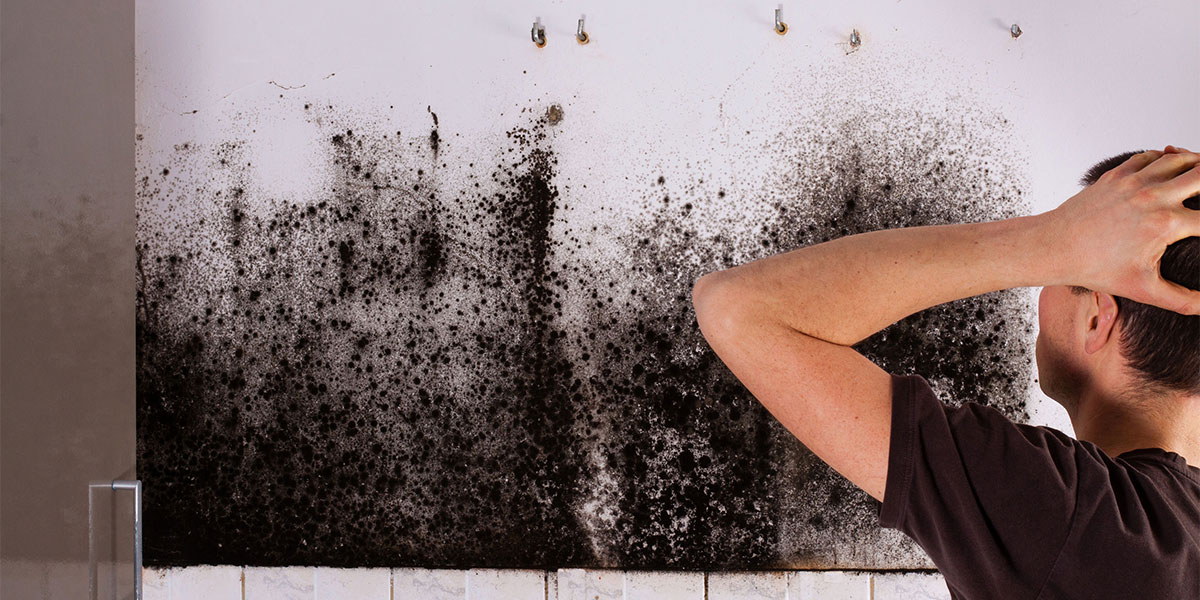

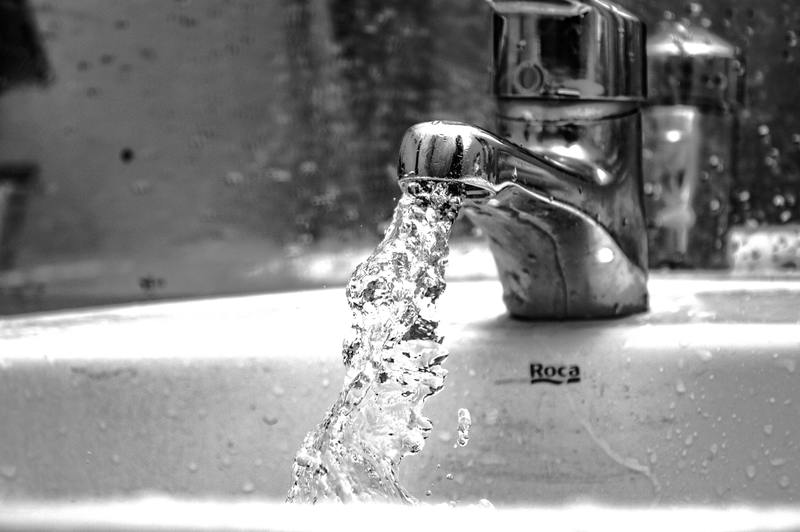

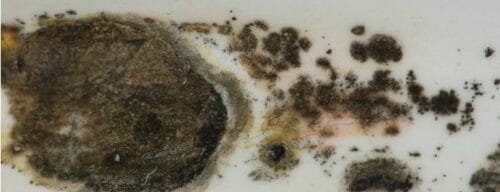



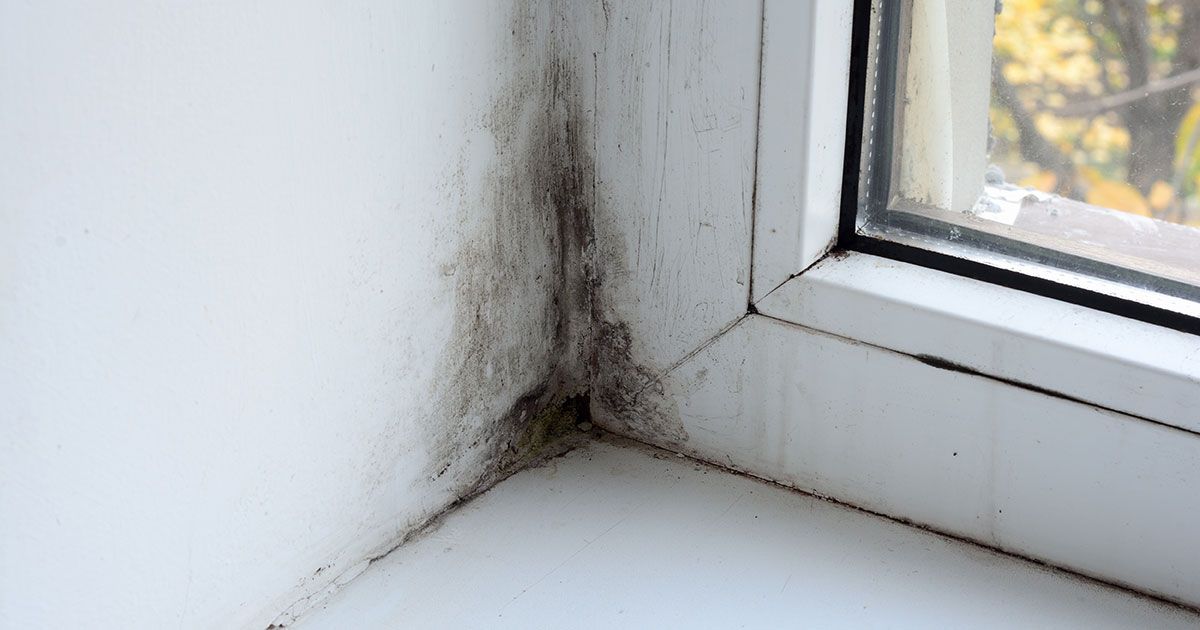
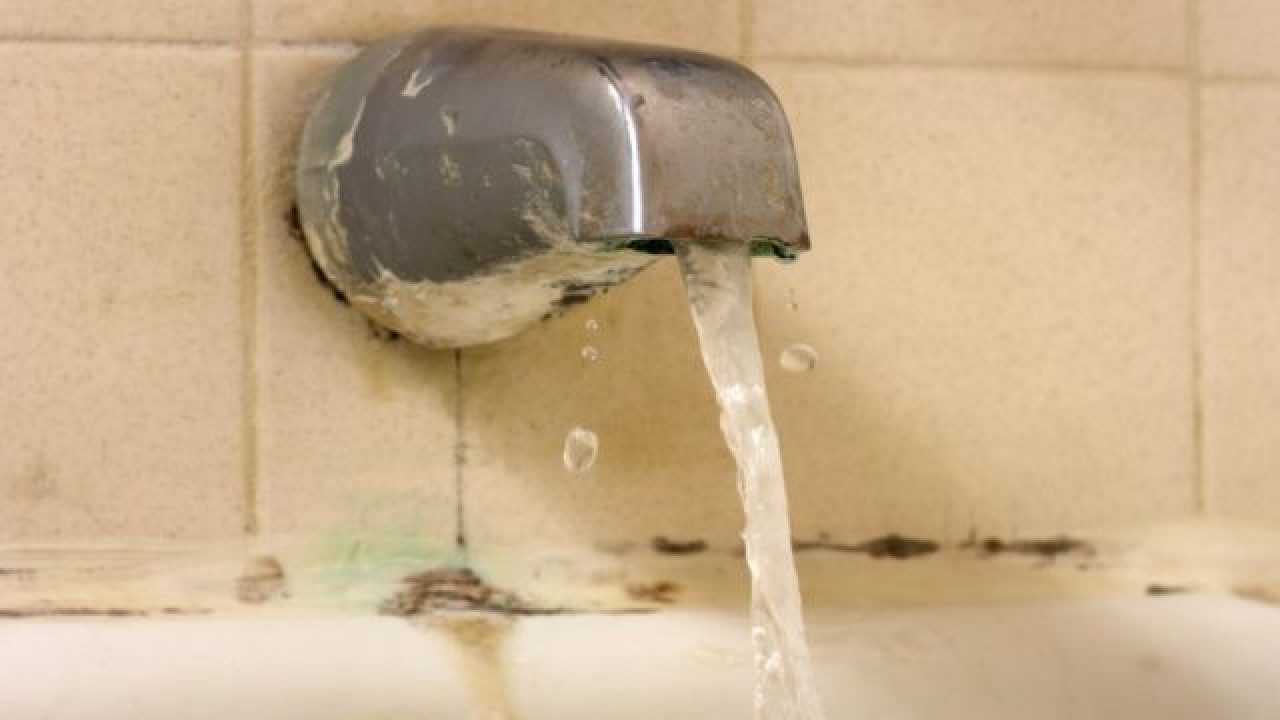


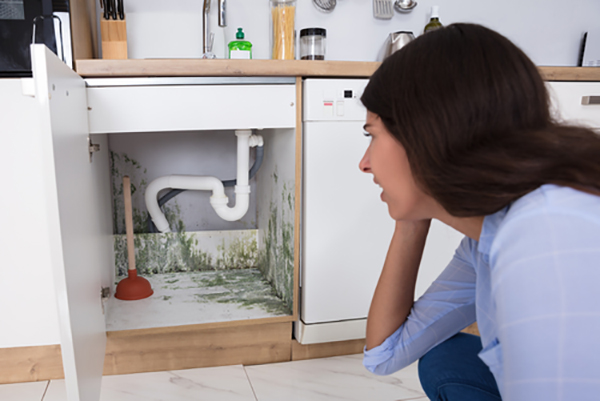

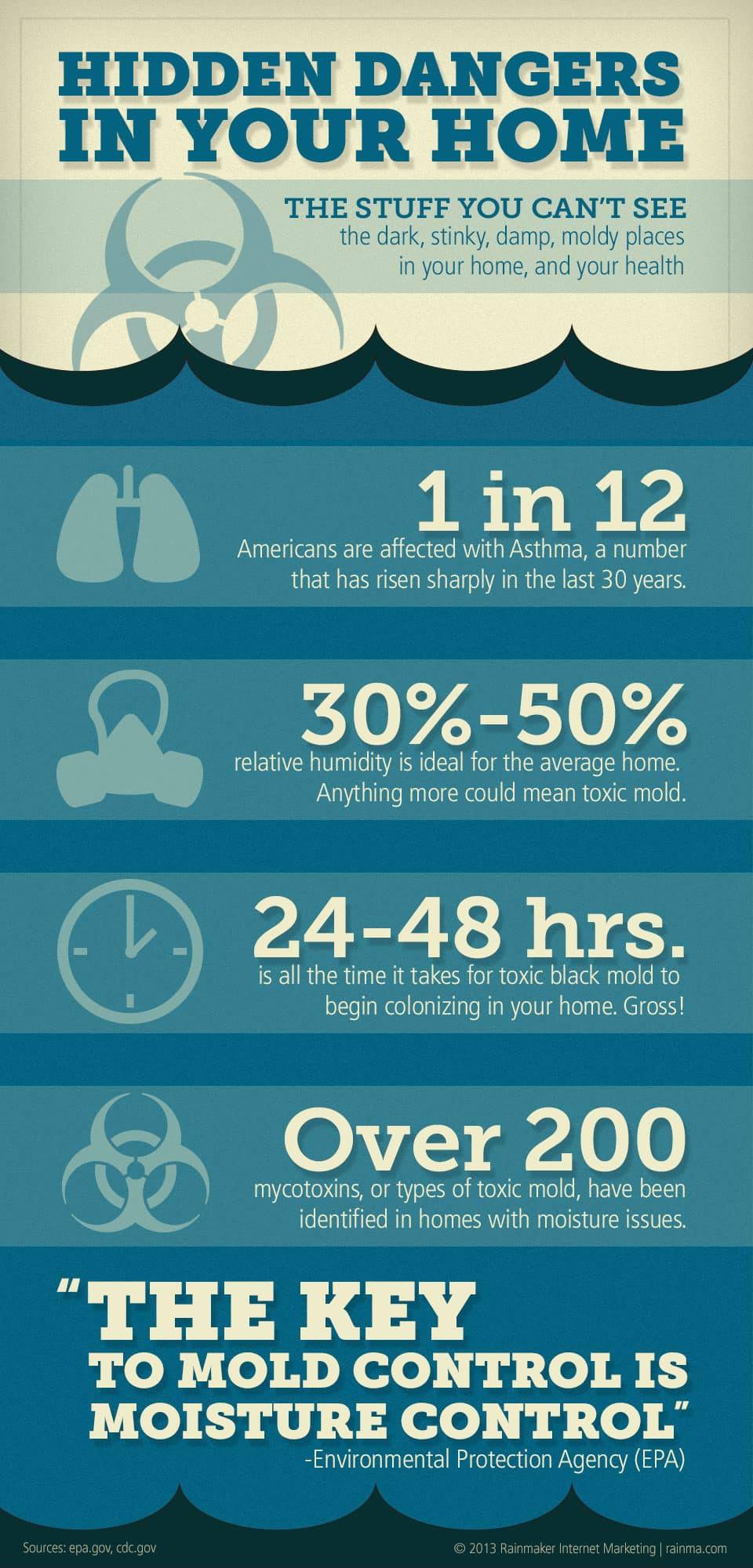


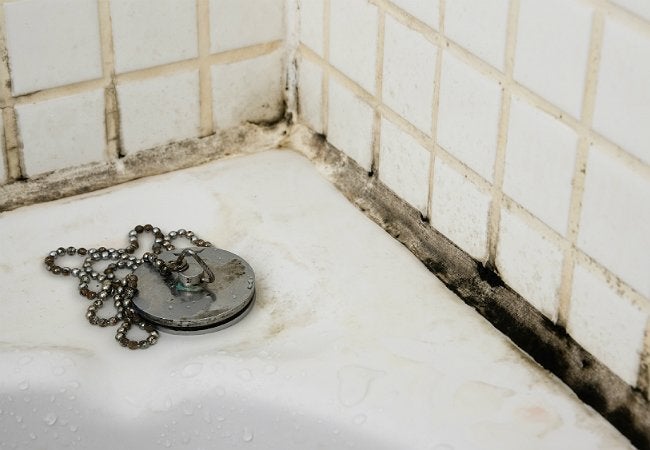


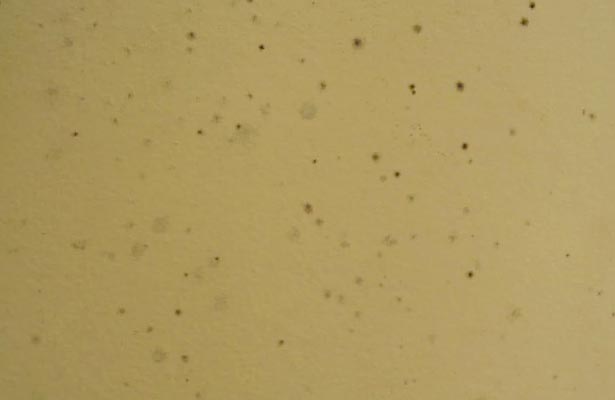

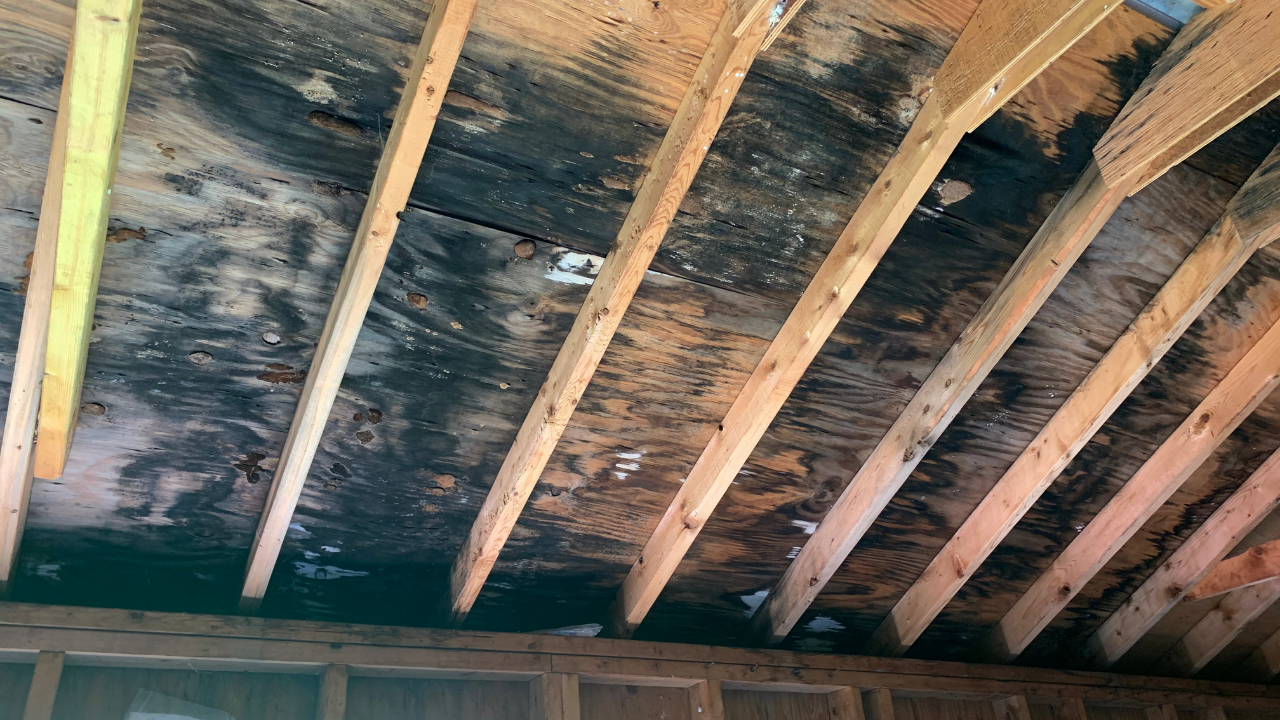


:max_bytes(150000):strip_icc()/GettyImages-958189008-d250adfd56184d34a47a899479c430a9.jpg)

